Nourishing your body on a budget: Affordable exercise nutrition
In a world where fitness and health often come with a hefty price tag, it's refreshing to know that nourishing your body for exercise doesn't have to break the bank. Contrary to the common misconception that eating healthy is expensive, there are plenty of affordable options to fuel your workouts and support your overall wellbeing. In this blog, we'll explore practical and budget friendly ways to optimise your nutrition for exercise.
Whole Foods on a Budget: Eating well doesn't always mean buying expensive “superfoods”. Focus on incorporating affordable, nutrient-dense wholefoods into your diet. Staples like oats, rice, beans, lentils, and seasonal fruits and vegetables are not only cost effective but also packed with essential vitamins, minerals, and fibre.
Protein on a Budget: Protein is crucial for muscle repair and growth, especially for those engaging in regular exercise. Instead of relying solely on expensive protein supplements, powders or bars, consider budget friendly sources like eggs, tinned tuna, chicken thighs, Greek yogurt, and legumes (peas, beans, lentils). Buying in bulk and opting for tinned and/or frozen options can further reduce costs.
DIY Energy Snacks: Pre-packaged energy bars and snacks marketed for fitness can be pricey. Save money by preparing your own energy packed snacks at home. Simple recipes using ingredients like oats, nuts, seeds, dried fruits, and honey can provide a cost-effective alternative to commercial options. Check out our simple chocolate protein ball recipe.
Hydration is key: Staying hydrated is essential for optimal exercise performance. Instead of spending money on sugary sports drinks, invest in a reusable water bottle and opt for water infused with lemon or cucumber for flavour. Herbal teas and diluted natural fruit juices can also be affordable and hydrating alternatives.
Meal Planning and Batch Cooking: Planning your meals in advance and batch cooking can help you save time and money. Buying ingredients in bulk and preparing larger quantities of meals reduces overall costs per serving. This approach also ensures that you have nutritious meals readily available, preventing the temptation to opt for more expensive, less healthy options.
Smart Supplement Choices: While it's possible to get most nutrients from whole foods, some people may benefit from supplements, especially for nutrients that may be challenging to obtain in adequate amounts from a plant-based diet, such as vitamin B12 or omega-3 fatty acids. However, choosing generic or store-brand supplements can be just as effective as pricier options.
Achieving optimal nutrition for exercise doesn't have to strain your wallet. By prioritising wholefoods, being strategic with meal planning, and making savvy choices, you can nourish your body without compromising your budget. Remember, the key is to find a balance that works for both your health and your finances. After all, a fit and healthy lifestyle should enhance your life, not burden it.

